Born on August 4, 1961, in Honolulu, Hawaii, Barack Hussein Obama II was raised in a diverse family that exposed him to a range of cultural and political influences. His father, a Kenyan economist, and his mother, an American anthropologist, instilled in him a global perspective.
Education and Early Career
Obama attended Occidental College, later transferring to Columbia University, where he earned a degree in Political Science. He went on to Harvard Law School, where he became the first African American president of the prestigious Harvard Law Review. After graduation, he worked as a community organizer in Chicago, focusing on housing and employment issues before transitioning to a career in politics.
Entry into Politics
Illinois Senate
Obama served in the Illinois State Senate from 1997 to 2004, where he gained a reputation as a pragmatic legislator with a focus on ethics reform and healthcare expansion.
U.S. Senate
In 2004, Obama gained national attention with a stirring keynote address at the Democratic National Convention. Shortly thereafter, he was elected to the U.S. Senate, where he served until his successful presidential campaign in 2008.
Presidency (2009–2017)
Historic Election and the Hope Movement
Obama’s 2008 campaign, built on the themes of “Hope” and “Change,” energized a diverse coalition of voters. His election marked a significant milestone in American history, symbolizing progress in racial equality.
Major Policy Achievements
- Affordable Care Act (ACA): Known as “Obamacare,” the ACA expanded health insurance coverage to millions of Americans but faced criticism for its implementation challenges and increased costs for some individuals.
- Economic Stimulus: In response to the 2008 financial crisis, Obama’s administration passed the American Recovery and Reinvestment Act, injecting billions into the economy to spur growth. Critics argue the recovery was slow and uneven, particularly for middle-class families.
- Climate Change Initiatives: Obama championed renewable energy investments and signed the Paris Climate Agreement. However, his environmental policies faced pushback from industries and states reliant on fossil fuels.
Foreign Policy
Achievements and Controversies
Obama’s foreign policy was marked by notable successes, such as the killing of Osama bin Laden and the Iran Nuclear Deal. However, critics highlight his reliance on drone warfare, which resulted in civilian casualties, and the destabilization in Libya following U.S. intervention.
Pivot to Asia
Obama’s “Pivot to Asia” strategy aimed to strengthen U.S. ties with Asian countries to counter China’s growing influence. While the approach was innovative, its long-term impact remains debated.
Strengths and Legacy
Charismatic Leadership
Obama’s ability to inspire through his oratory skills and hopeful rhetoric remains one of his most celebrated traits. His calm, intellectual demeanor stood in stark contrast to the divisive politics that defined much of his tenure.
Social Progress
Under his administration, the Supreme Court legalized same-sex marriage, and Obama openly supported LGBTQ+ rights, marking significant social progress during his presidency.
Criticisms and Challenges
Economic Inequality
While Obama inherited a struggling economy, critics argue his administration didn’t do enough to address systemic economic inequality. Middle-class wages remained stagnant, and wealth disparities widened during his presidency.
Partisan Polarization
Despite initial promises to unite the country, Obama’s presidency coincided with increasing partisan division. His reliance on executive orders to bypass a gridlocked Congress frustrated Republicans and undermined his reputation as a consensus builder.
Health Care Challenges
The Affordable Care Act, while transformative, faced widespread criticism for its rollout issues, rising premiums, and the unintended exclusion of some Americans from affordable coverage.
Conclusion
Barack Obama’s presidency represented a moment of historic change and inspired hope across the nation and the world. His accomplishments in healthcare reform, climate action, and social progress are significant, but his legacy is also shaped by economic inequality and partisan divides that he struggled to overcome. As America reflects on his leadership, Obama remains a figure of both admiration and critical scrutiny, embodying both the promise and limitations of modern political leadership.
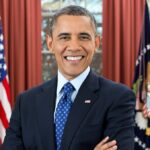
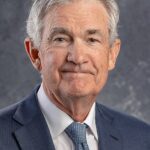
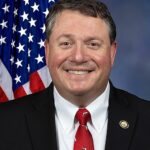
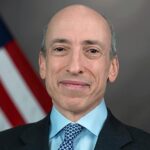
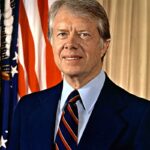
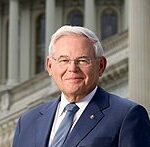
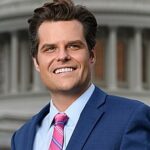
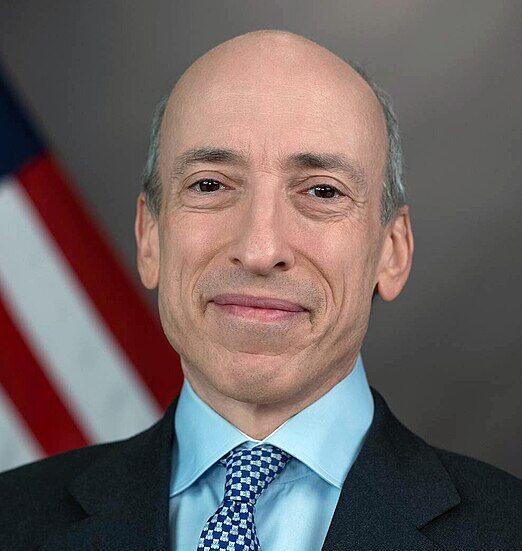
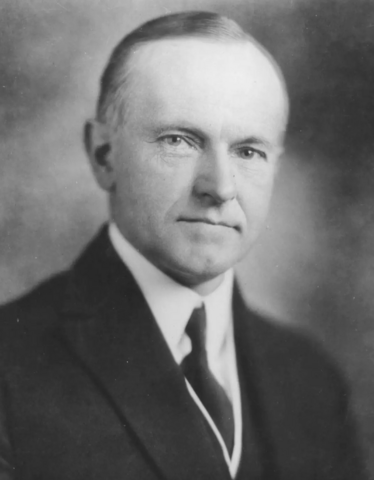
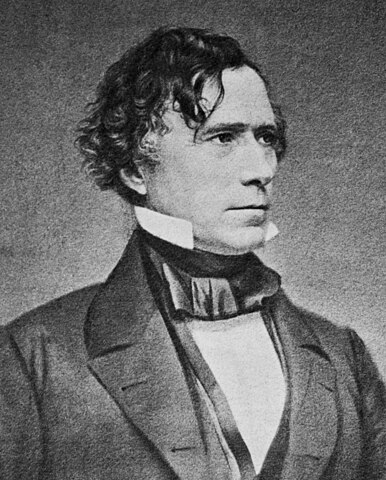
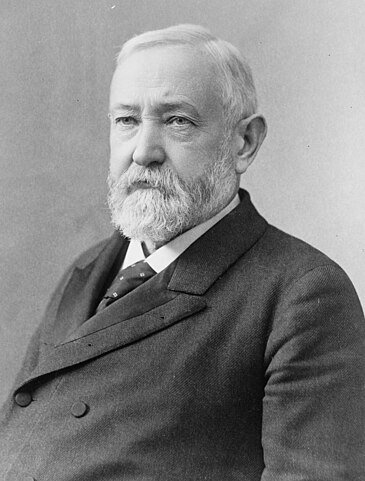
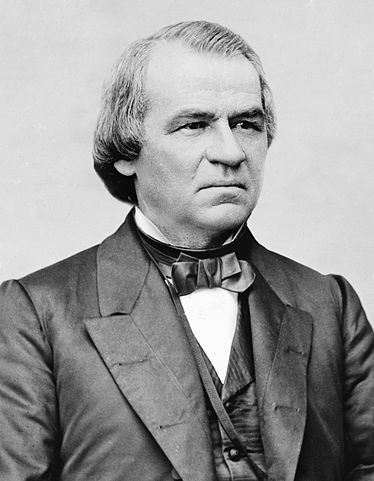

My problem with the President as his term finally draws near the end, is that this isn’t the last we’ll see of him. His bad policies and indifferent nature even toward his position wasn’t enough to stop a second term, but the blurry line between presidential and celebrity will carry on. It seems like he’s been on late night television more times than he has done state of the union addresses.
I would prefer these behaviors and skewed priorities be taken into greater consideration when electing top government positions. I don’t want a buddy who talks about his golfing average on television, I want a leader who is up for the challenge to make decisions and sacrifices for the country that I live in.
I think Obama has done an OK job, but his administration and some of the policies that have come out of it have affected Americans that live abroad in a terrible way. There are new rules in place that make it difficult to be American and a customer of a bank in a foreign country. New rules in the US are forcing banks in non-US territories to report information on their American customers to the US government. I can understand the need to try to prevent a lot of the tax evasion that goes on by big targets, but this affects the little people that are living abroad. I also don’t want to have my American banks refuse to continue my service because I live outside of American soil.
There are so many issues from the Obama that I could talk about, but the main one that I care about are the policies affecting people living abroad.
Like any president, Obama has done good things and bad things. He has made some impressive progress with developments such as Obamacare, maligns the status of gun control in America, rescinded his proposal to attack Syria, wants to make changes to the post-secondary education system, made progress at climate Summits, taken troops out of Afhganistan, reduced the national debt, and helped to finalize the Iran nuclear deal. There are problems with all these projects, but he has contributed to at least making the public aware of them, as well as making a many positive changes. However, he has also authorized more drone strikes than Bush, gone after marijuana dispensaries even though he said he wouldn’t, prosecuted whistle-blowers even though he said he wouldn’t, approved of the NSA government surveillance program for citizens of the United States, proposed attacking Syria in the first place, removed not just troops from Afghanistan, but also foreign aid, causing further turmoil between the Sunnis and Shiites, not done much to change gun control in America, organized Obamacare poorly, not done much to change the education system, not reduced debt or helped the environment enough, failed to address that Islam is a part of the problem with ISIS, and didn’t fix many problems that may become more potent with the Iran nuclear deal in the future. Again, like all Presidents, he is a politician, so he has to try to please everyone, which makes it impossible to do everything right, and makes it hard to be completely honest about certain issues. He is also human, so while I’m sure he has good intentions, he sometimes makes mistakes, and his are more costly than those of almost all other people. Additionally, it must be phenomenally difficult to actually get anything accomplished, even as the President. There are so many layers of approval that have to be attained, so many loopholes that have to be circumnavigated, and so many relationships that have to be maintained that I’m sure it’s exceedingly difficult to make any progress at all, let alone significant progress of which everyone approves. I think Obama is much more good than bad overall, and he is certainly better than Bush on the vast majority of issues.